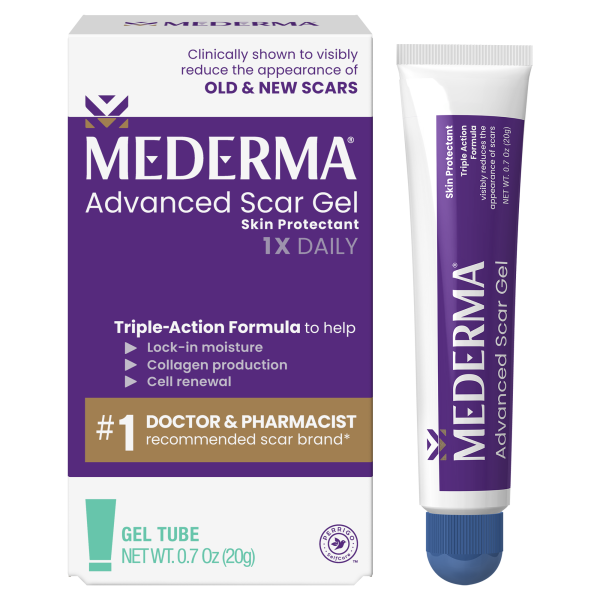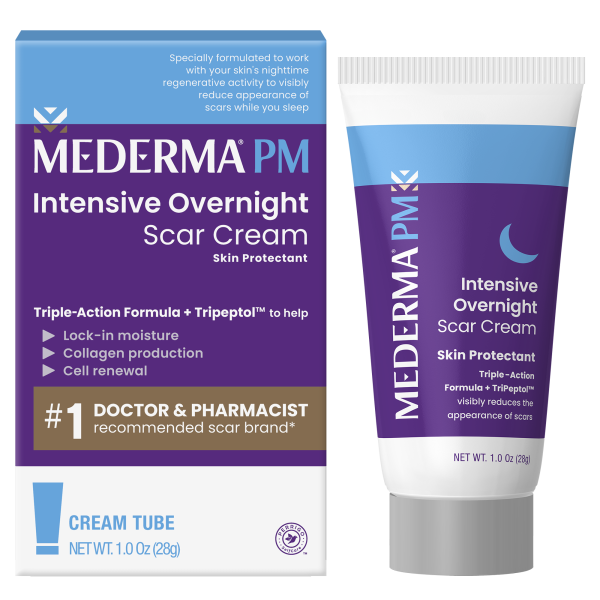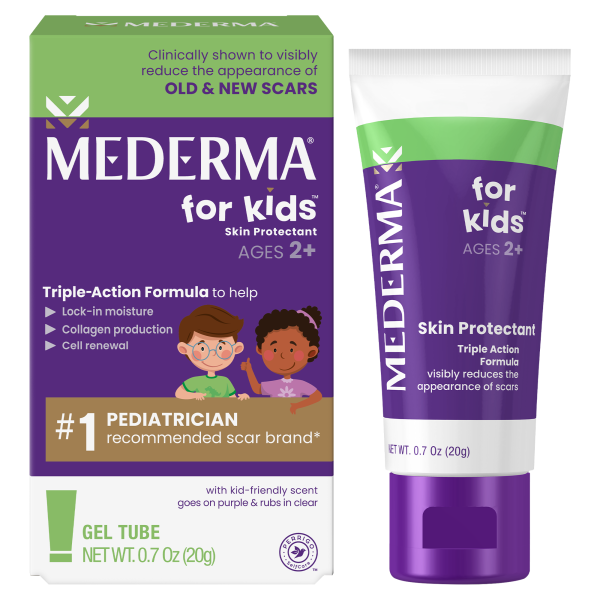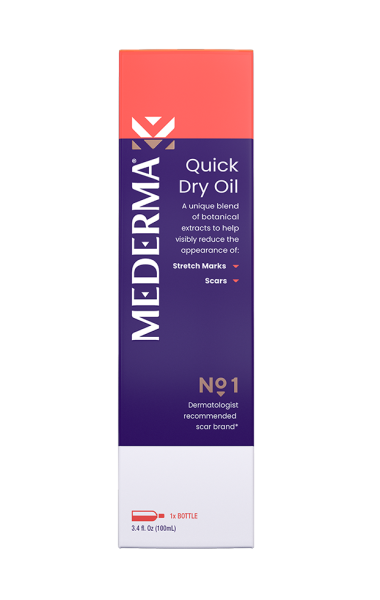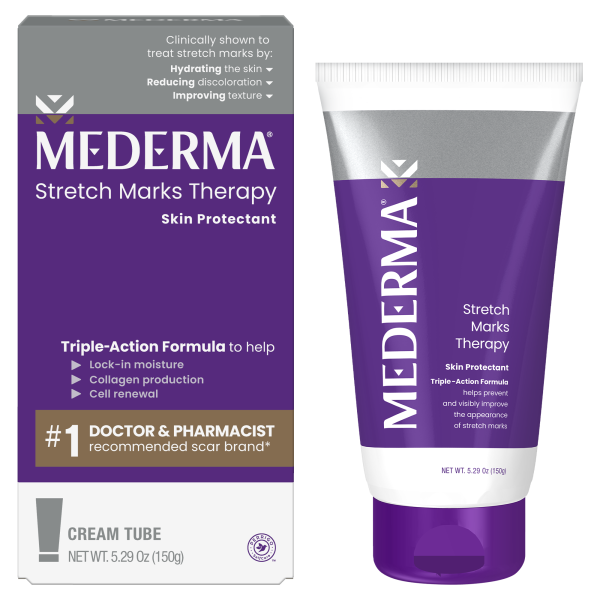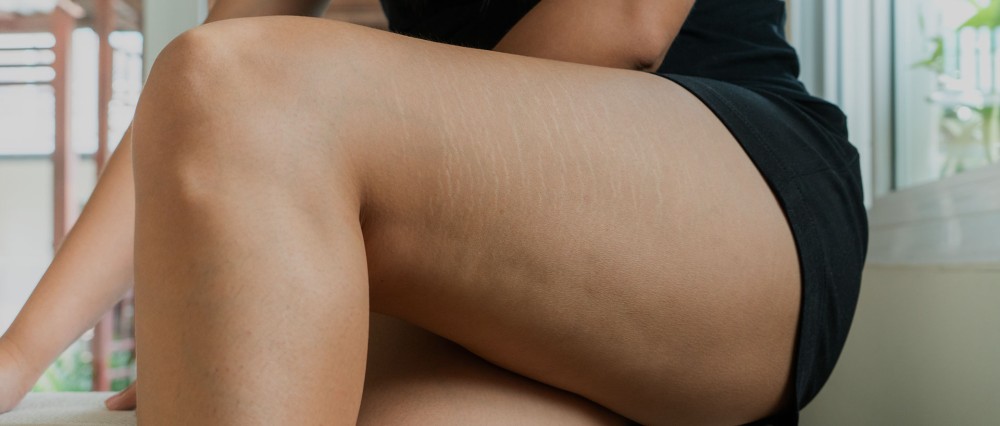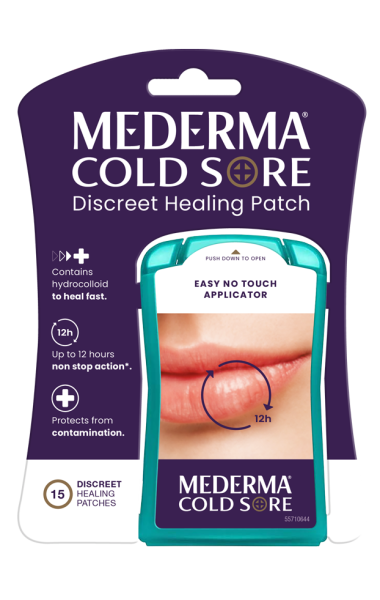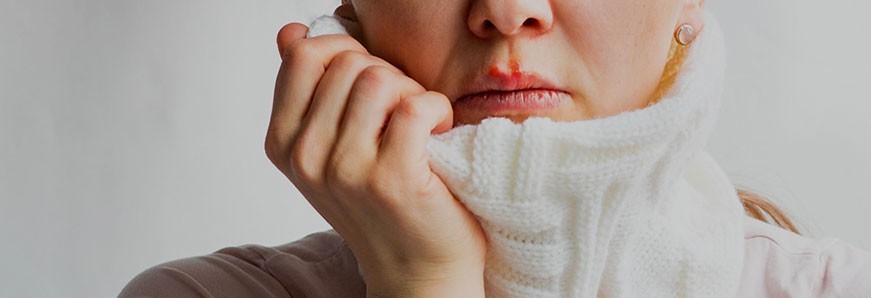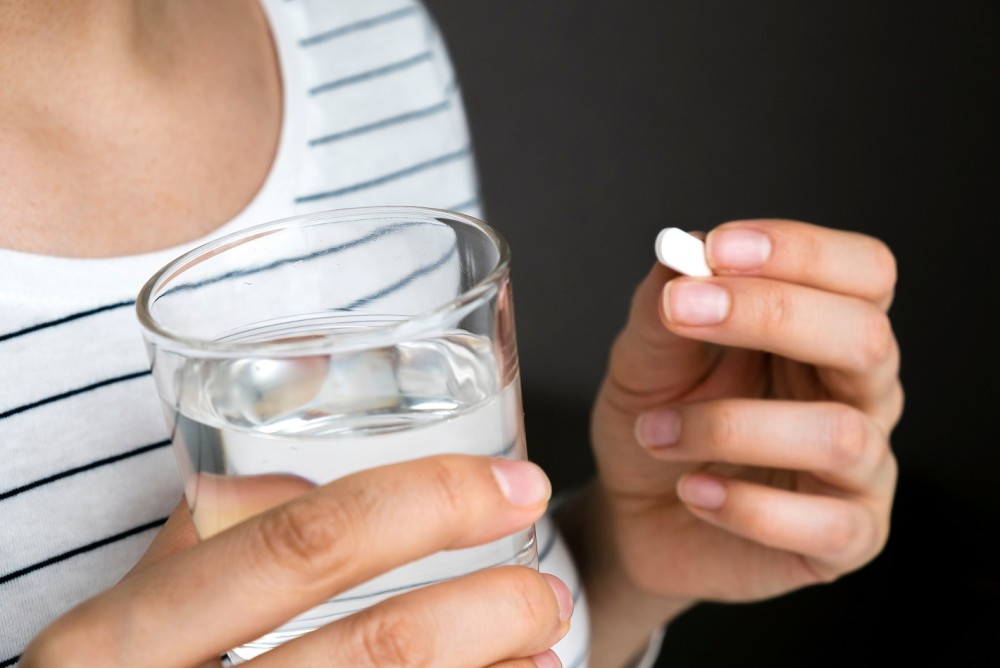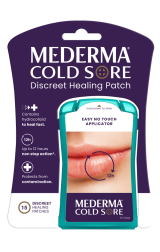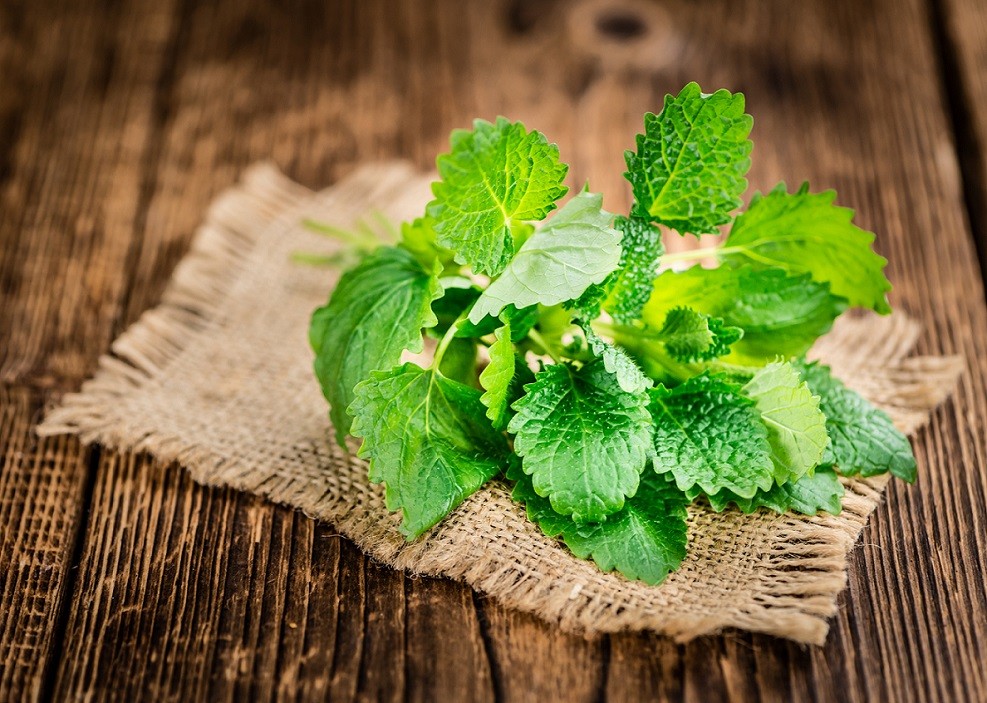Those who get cold sores, know you’ll often feel it before you see it. A couple of days after it does finally appear, it may break open and eventually crust over[1].
Without treatment, it may take around two weeks to heal and disappear[2], and you might experience pain around your lips and when swallowing[2]. Thankfully, there are a few things you can do to get help heal a cold sore faster.
- There is no cure for the virus that causes cold sores, but cold sore patches can help minimize the signs and symptoms
- Common treatments likes anti-viral creams or tablets could help speed up your recovery compared to applying no treatment [3]
- Cooling home remedies for cold sores can help ease pain
In this article:
- Cold sore treatments
- Home remedies for cold sores
- Should you pop a cold sore?
